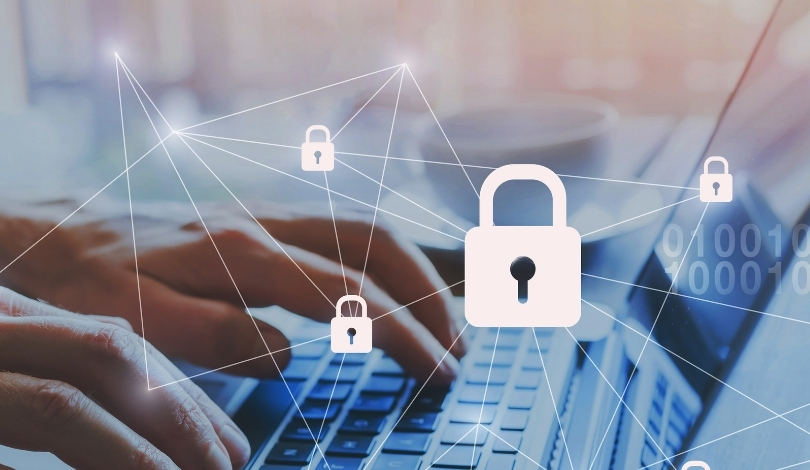In 2024, cybercriminals intensified their focus on identity controls, exploiting vulnerabilities to access and compromise organizational data. This trend underscores the critical importance of robust identity management systems in safeguarding enterprise environments. As digital transformation accelerates, securing user identities remains a top priority for businesses aiming to protect against increasingly sophisticated cyber threats.
Identity-based attacks have remained a significant concern for organizations, continuing the pattern observed in previous years. The persistent focus on identity exploitation highlights an evolving tactic where attackers refine their methods to bypass traditional security measures more effectively.
How prevalent were identity attacks in 2024?
Cisco Talos reported that 60% of the incident responses they handled involved identity attack components. Attackers leveraged legitimate credentials, session cookies, and API keys to infiltrate systems, move laterally, and escalate privileges within compromised environments.
What role did identity attacks play in ransomware incidents?
“In many cases, it’s much easier and safer for adversaries to simply log in to legitimate user accounts using stolen credentials than to use more complex means like exploiting vulnerabilities or deploying malware,”
Cisco Talos researchers explained. This approach was instrumental in ransomware operations, with half of all identity-based attacks leading directly to ransomware or preparatory activities.
Which systems are most vulnerable to identity-based attacks?
Active Directory was frequently targeted, being compromised in 44% of identity-based attacks. Weaknesses such as excessive privileges, weak or default passwords, and improperly configured multi-factor authentication made these systems particularly susceptible to breaches.
To mitigate these risks, organizations must implement stringent security policies, properly secure authentication services like Active Directory, and enforce comprehensive multi-factor authentication across all access points. Regular security audits and proactive identity management can significantly reduce the likelihood of successful identity-based breaches.
Enhancing identity security not only helps prevent data theft and financial fraud but also fortifies the overall defense mechanisms of enterprises. By addressing the identified vulnerabilities, organizations can better protect themselves against the sophisticated tactics employed by cybercriminals, ensuring a more secure operational environment.










